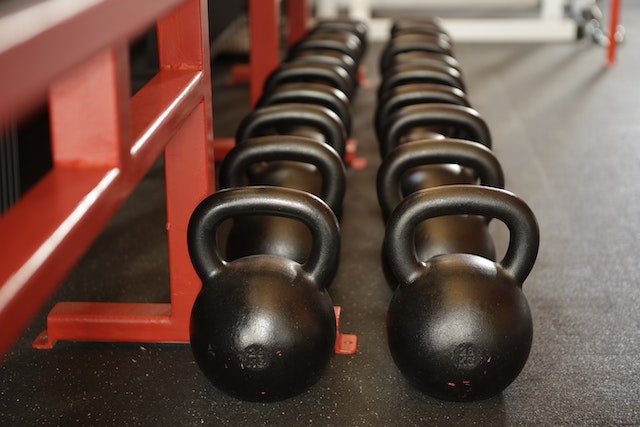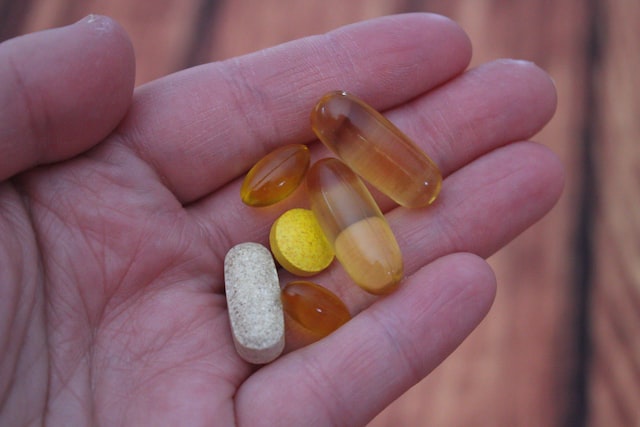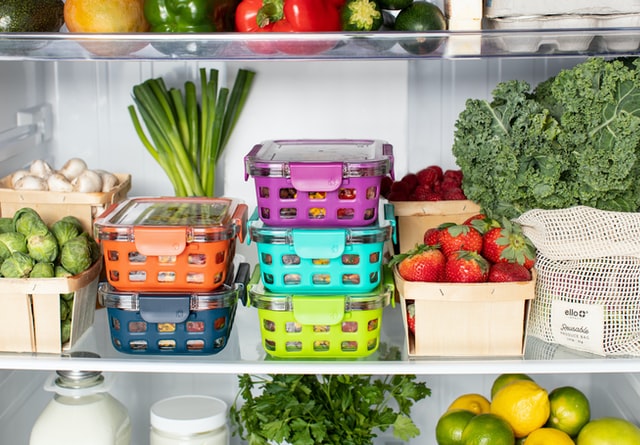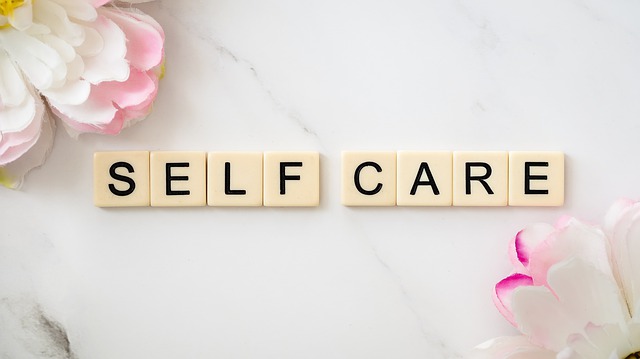Working out when it is cold outside can seem nearly impossible with snow obstructing your running path, ice patches that can cause you to slip and even a chilly weather forecast can be enough to keep you inside. Though there are some benefits to working outside during the cooler months, read on for tips on getting in a workout.
YouTube Videos
If you are someone that does not want to risk going for a run during the winter, try watching some YouTube videos to learn how to do standing cardio. You can do this outside or inside. Exercising in colder temperatures helps build up your endurance and going along with some stationary cardio can help prevent you from slipping and falling while gaining the benefits of the cold temperature.
Shoveling
Now this kills two birds with one stone. Doing the snow clean up around your residence gets you outside and increases your heart rate. This chore is one of the best full-body workouts you can find yourself doing in the cold weather. Be careful not to overdo it when shoveling to avoid neck and back injuries. You should avoid this if you have any history of heart issues. Consider shoveling while it is snowing but before the snow gets too deep so that you are lifting lighter loads of snow.
Playing in the Snow
Bring out your inner child by just going outside and enjoying the snow fall. Find a big hill and go sledding–you’ll definitely get a workout climbing back up to the top. With the layers and walking, you are sure to work up a sweat all while having fun.
By working out outside in the cold you can boost your metabolism, work up your endurance and burn more calories. One of the great things about the winter is that you can get a workout in without even knowing and have fun. Don’t sweat the cold months, there are plenty of alternatives you can use to burn off some holiday treats!
Dr. Barbara R. Edwards, Princeton Internist, practices at Penn Medicine Princeton Health in the Penn Medicine Princeton Medical Center. She is also the Academic Director for the Ambulatory Residency Program at Penn Medicine Princeton Health.






